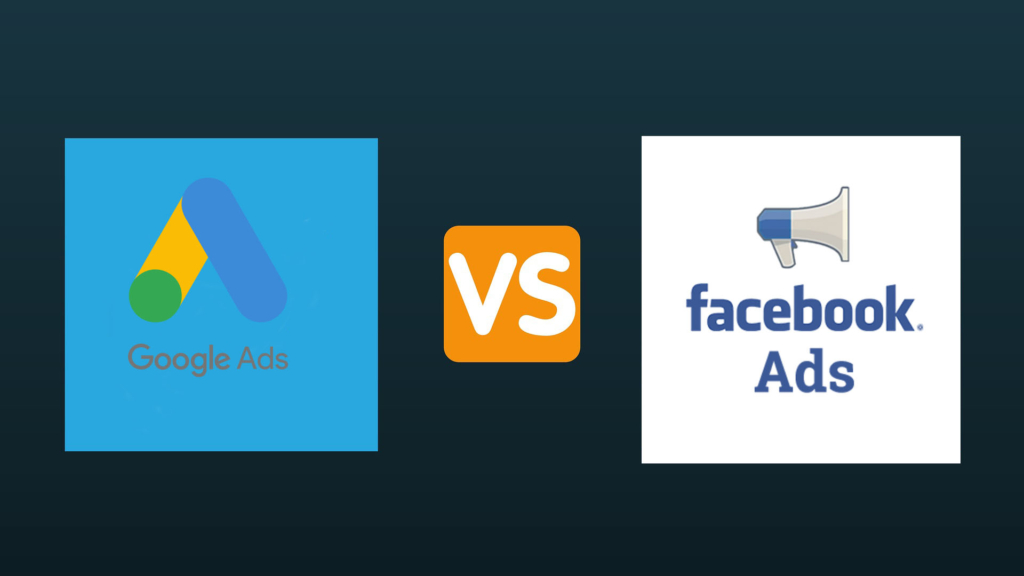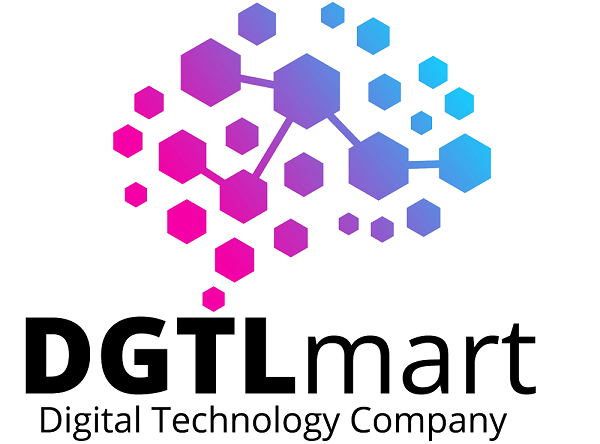Google Ads vs. Facebook Ads: Choosing the Right Platform for Your Digital Marketing

When launching a digital marketing campaign, one of the largest decisions marketers usually have is whether to use Google Ads or Facebook Ads. Both are advertising behemoths, and each has strengths and perquisites. While Google leads the pack in search-based intent advertising, Facebook specializes in audience-based social advertising. But how do you determine which one you’re better suited to use for your purposes?
Let’s dissect the characteristics, benefits, and limitations of each to make it easier for you to choose the appropriate platform for your company.
What is Google Ads?
Google Ads (formerly formerly referred to as Google AdWords) is an amazing pay-per-click (PPC) system that allows you to publish advertisements on Google’s Search Network, Display Network, YouTube, and more.
1. Unparalleled Reach
Google gets more than 40,000 requests for searching in just one second. This is enormous traffic that’s hungry to search for goods or services. By employing expert Google Ads management tools or by purchasing the service of a Google Ads consultant, you can take advantage of such unmatched traffic volume.
2. Search Intent and High Relevance
Google Ads interacts with buyers at the exact moment when they’re searching for what you need to offer. Due to its keyword targeting, your ads appear to people who are actually on the lookout for your solutions—promising high relevance and better chances of conversion.
3. Flexible Ad Forms
From text and shopping ads to YouTube video ads and app promotion, Google has several formats. Ad extensions, location targeting, and call buttons add to your visibility and engagement potential.
4. Budget Control
Flexible bidding and daily budget options allow simple cost control by Google Ads. Whether you have a small or big ad budget, you can optimize your campaigns to achieve performance goals without going over budget.
What is Facebook Ads?
Facebook Ads runs on Meta’s family of platforms—Facebook, Instagram, Messenger, and Audience Network—to provide effective visually centered and socially centered marketing.
1. Highly Interactive Visual Content
Facebook Ads seamlessly integrate into individuals’ timelines with a native ad experience. Image, video, and carousel ads successfully promote products or narrate a brand story, engaging users and retaining them.
2. Vast Social Audience
With more than 2.8 billion active users per month, Facebook provides enormous exposure. Whether you’re creating awareness or driving leads, the platform allows you to meet potential buyers where they already spend their time.
3. Sophisticated Targeting Options
Facebook targeting is unmatched. You can target demographically, based on interests, behaviors, job titles, and even more. With this, your ads find the right people at the right moment with tailored messages.
4. Cost-Effective Campaigns
Most small companies are drawn to Facebook Ads since they have an excellent return on investment. You can begin at a low level, test creative copies, and scale the successful ads without huge initial investments.
Google Ads versus Facebook Ads: Which One to Use?
Utilize Google Ads if you like targeting individuals actively searching for your services or products. It works best for intent-based campaigns for conversions.
Utilize Facebook Ads when your goal is brand awareness, engagement, or a devoted customer fan base. It’s perfect for targeting based on interests and behaviors—even before they realize they need your service.
Why Not Both?
Instead of opting for one or the other, the most effective digital marketing solutions utilize a little bit of both. Employ Google Ads to reach high-intent buyers willing to convert, and Facebook Ads to build awareness, retarget website traffic, or coax content in a lighter, visual manner.
Using both together provides complete coverage of the customer journey from awareness to consideration to conversion, which renders your campaigns comprehensive and even more successful.
Both Google Ads and Facebook Ads are strong in their own way. It basically just comes down to your specific business needs, target audience, and budget. Google Ads provides unparalleled search intent and global reach, while Facebook Ads provides visual flexibility and intensive audience engagement.
Utilize them both together for maximum results. Take the help of Google Ads specialist or seek Google Ads support services and add on by establishing dynamic Facebook ad campaigns to maximize the capabilities of online marketing.
Through combining your strategy with the individual virtues of each platform, you can achieve superior ROI, added exposure, and more personal connections with your target audience.
